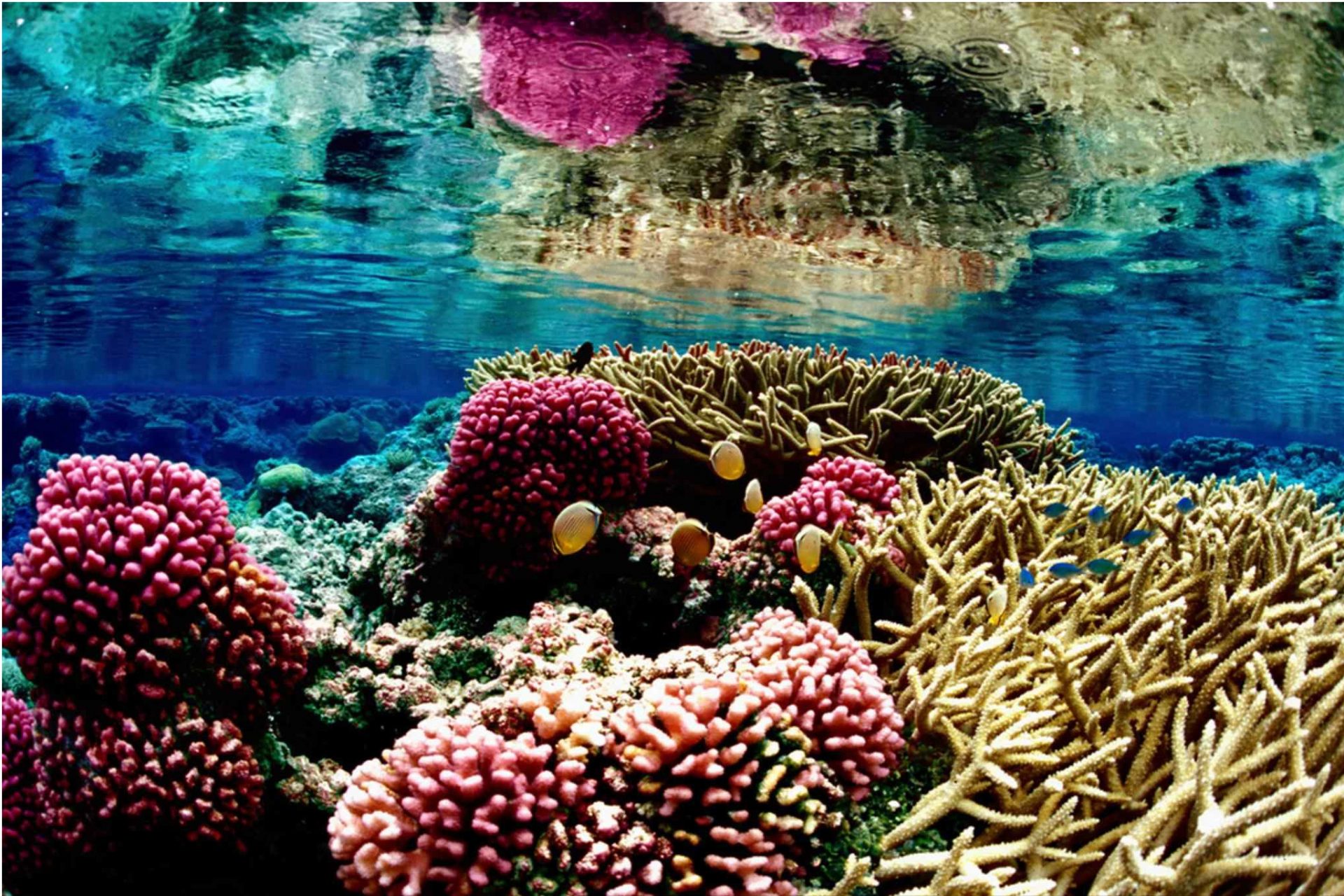Ethnobiology and biocultural diversity issues have become increasingly important globally, attracting considerable interest. The importance of ethnobiology and of biocultural diversity studies can be summarised thus.
In the last 30 years, scientists have appreciated the fundamental centrality of the interconnections between humans, other species and ecosystems:
- this concept goes back to Darwin’s notion of the web of life
- the methodologies and theories to make sense of the interconnection are recent
The new interest has arisen out of intellectual developments within science, especially the rise of:
- biodiversity studies
- ecology
- environmental anthropology
- human ecology
- systems theories
It has been catalysed by a practical concern for the role of globalisation in:
- environmental degradation
- erosion of genetic resources
- loss of traditional knowledge
- marine pollution
- poverty alleviation
- rainforest destruction
- sustainable development
The key concepts ethnobiologists are developing to address these challenges include:
- Agrobiodiversity: the importance of genetic diversity of humanly-transformed systems of cultivars and domesticates
- Biocultural diversity: the strong interlinkages between cultural and linguistic variation and biodiversity
- Co-evolution: the interactive evolution of species, ecosystems, cultural traits and social practices
- Historical ecology: the transformation of the environment by people
Ethnobiology and biocultural studies seek to place these interactions and concepts at the centre of an interdisciplinary research and teaching agenda, which will focus on:
- our understanding of global processes in the twenty-first century
- how we should respond to them to ensure a sustainable future
- how environmental deterioration accompanies cultural erosion
Download the Biocultural Diversity reading list.
